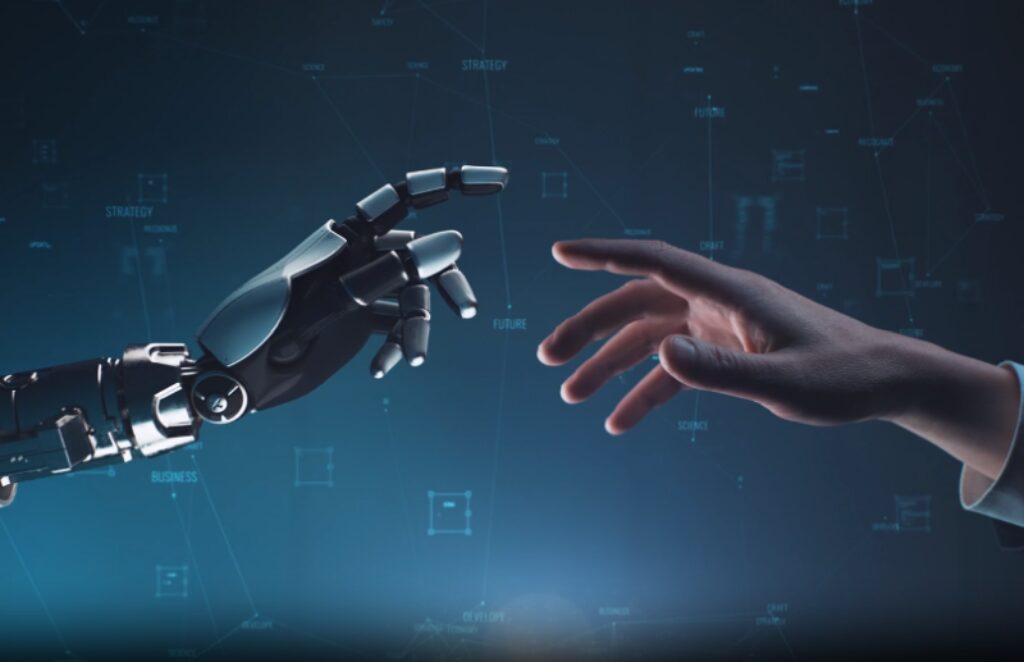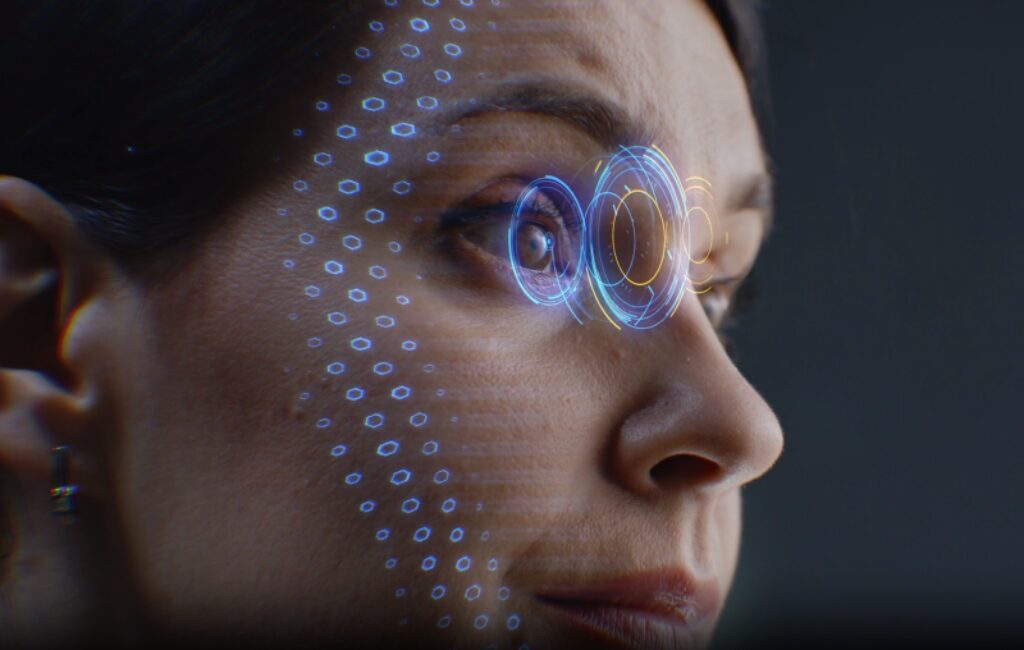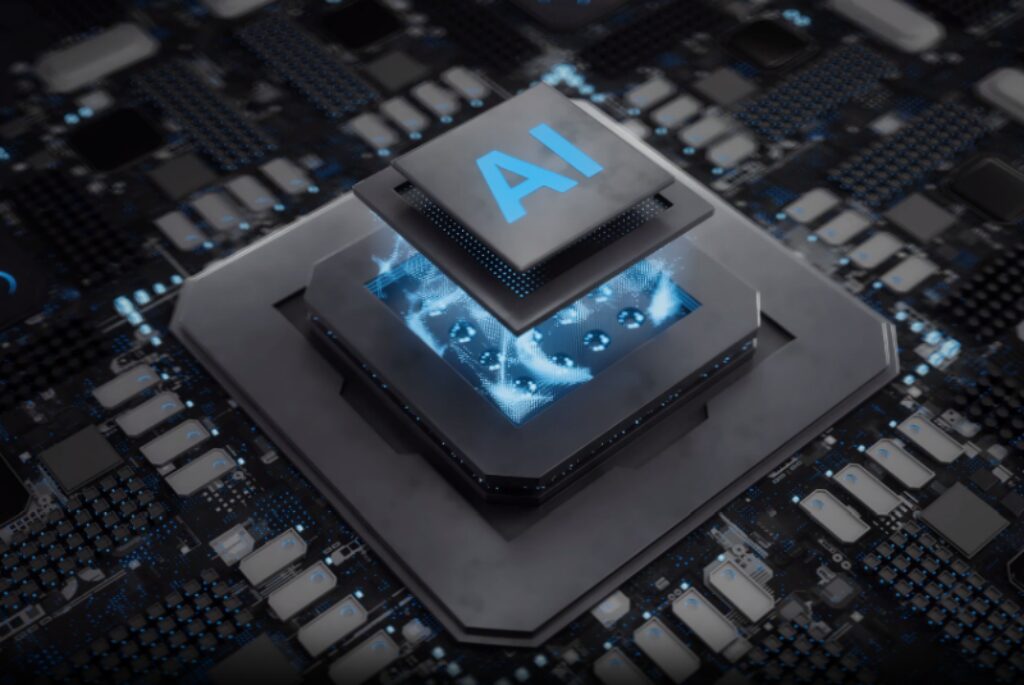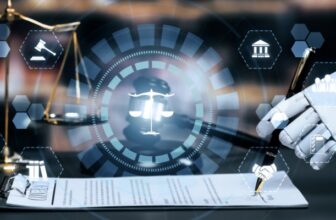
These transformative systems have revolutionized our way of life, reshaping how we live, work, communicate, and interact. They have reinvented the social order and reconfigured fundamental operations across various industries. The impact of automation on society is ever-present – from autonomous vehicles humming through the streets to artificially intelligent personal assistants adorning our homes. We have witnessed an unparalleled surge in technological innovation.
The realm of what was once deemed science fiction has seamlessly become our everyday reality. Machine learning algorithms, artificial intelligence, robotics, and the Internet of Things (IoT) are no longer mere subjects of speculation; they now constitute the very backbone of the fourth Industrial Revolution. As this wave of automation surges forward, it not only transforms our social fabric but also sparks profound discussions on the societal implications tied to automation.
Table of Contents
Impact of Automation on the Job Market
The impact of automation on the job market is highly noticeable. For example, live dealer job at online casino games. As technology takes over monotonous and routine tasks, concerns about job displacement arise. However, while automation may eliminate certain low-skilled positions, it also creates a demand for highly skilled individuals who can maintain and innovate these technologies. In an automated society, the ability to continually learn becomes indispensable for adapting to the evolving job landscape.
Health Care Transformations through Automation
The healthcare sector has been transformed by automation, opening up a world of limitless possibilities. With advancements in robotics and AI, surgeries can now be carried out remotely with exceptional precision. Wearable tracking devices have elevated patient monitoring to a continuous and real-time endeavor. These technologies are revolutionizing patient care, offering the potential to reduce human error and achieve an unprecedented level of personalization.
Smart Homes and Automation
The influence of smart and automated systems is transforming our homes. From thermostats that learn and anticipate our temperature preferences to refrigerators that notify us when certain groceries are low, the introduction of smart home technologies has the potential to significantly enhance our living conditions and minimize our environmental impact.
However, we can’t ignore the potential challenges that this cascade of automation presents. The potential pitfalls are not purely economic or practical in nature but also involve crucial social and ethical questions. The collection and use of personal information, the implementation of surveillance technologies, and the potential for biases in AI systems are substantial concerns. The intersection of technology and personal privacy has become a blurry line, bringing sensitive questions of data security and individual rights to the fore.
Privacy Concerns in an Automated Society
Similarly, as much as AI and advanced algorithms have the potential to enhance decision-making, they also run the risk of replicating and magnifying societal biases if not designed and used thoughtfully. It is crucial to design these systems in ways that can avoid perpetuating such inequalities.
Moreover, the growing reliance on technology is also driving a digital divide. While those with access to these technologies stand to gain enormously, others without this access might fall into a spiral of disadvantage. This inequality in the access and use of technology, often based on socioeconomic, geographic, or demographic factors, could exacerbate existing disparities if not addressed.
The automation of society, facilitated by the rapid proliferation of technology, is a double-edged sword. The enhanced efficiencies, increased productivity, and potential savings of time and resources are counterbalanced by concerns about job displacement, privacy infringement, and social inequalities. Much as the industrial revolutions of the past reshaped society, these changes will require both adaptation and proactive measures.
The implications of an automated society go beyond technology alone. It calls for inclusive and thoughtful conversations among policymakers, technologists, and civil society to ensure that technology enhances human capabilities rather than replaces them. By fostering inclusivity and deliberation in implementing these technologies, we can strive towards an automated society that distributes benefits equally instead of creating unequal burdens.
Conclusion
In conclusion, as we navigate through this era of automation, it becomes evident that automation is not an external force beyond our control. Rather, humans actively shape technology while technology simultaneously shapes societies. The current challenge lies not in whether technology will alter our lives, but rather in how we can guide and harness this transformation to improve individual and collective well-being within an increasingly automated society.










